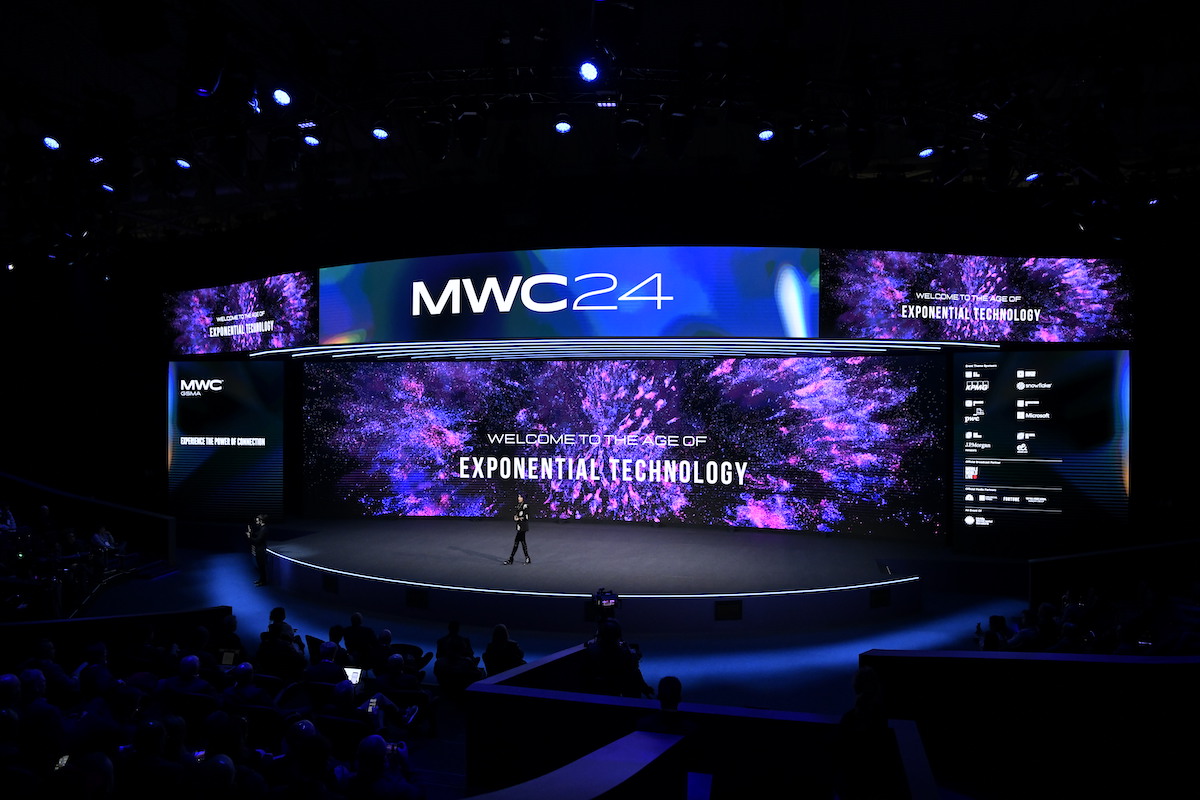The world’s largest trade show dedicated to the mobile communications industry, Mobile World Congress (MWC), kicked off in Barcelona this week, focusing this year on technological advancements in artificial intelligence, cloud solutions, and how to speed up the digitalisation of Europe.
Thousands of companies, including major global players such as Qualcomm, Samsung, and Huawei, showcased their technological breakthroughs and solutions.
Mats Granryd, Director General of GSMA, the organiser behind the annual event, emphasised at the inauguration the need for opportunities to combat reduced growth across the industry.
According to a report by International Data Corporation, just 1.17 billion smartphones were sold globally last year, marking the lowest level in a decade.
However, a resurgence was observed in the final quarter, with an 8.5% increase, suggesting a recovery trajectory. José María Álvarez-Pallete López, CEO of telecom operator Telefónica, argued that artificial intelligence represents the most significant revolution in human history.
AI spurring growth
López believes that AI, which is increasingly being integrated into phones, networks and devices, could help spur growth and innovation in the market for mobile.
During another discussion, Jim Lu, Senior Vice President of Huawei and President of Huawei European Region, echoed this opportunity and his company’s commitment to contributing towards Europe's digital and intelligent transformation.
Lu elaborated on Huawei's strategic focus on cloud computing and AI innovation as pivotal to advancing Europe's digital landscape. By adopting an "All Intelligence" strategy, Huawei aims to leverage its extensive ICT expertise to support industry-wide digitalisation through cloud-based solutions. “Cloud computing is at the core of Huawei’s digitalisation strategy,” Lu said.
Other major players, meanwhile, urged European policymakers to focus on increasing investments, emphasising the need for changes to encourage scaling opportunities in each market. Vodafone's CEO, Margherita Della Valle, argued that the European telecom market currently remains fragmented at a national level, with 3-4 operators per country, while significant investments are being devoted to 5G and fibre optic deployment.
Thierry Breton, Commissioner for the Internal Market, hinted agreement with these sentiments, and introduced strategic pillars which he hopes will serve as the basis for the EU’s Digital Networks Act in order to enable a true digital single market across Europe.

